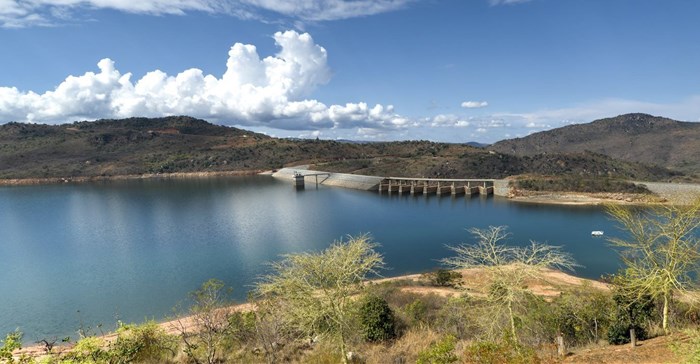Eswatini moves forward with renewable energy plans
The Kingdom of Eswatini's reliance on imported power from its neighbours - Mozambique and South Africa - will be reduced after it issued a request for the qualification and development for a 40MW solar PV plant and a 40MW biomass-to-energy plant.

Maguga Dam is one of the hydro power projects in Eswatini
The new solar PV plant was first proposed in 2017. Eswatini wants to increase its ratio of renewables in the country's electricity supply to 50% by no later than 2030.
The state-owned utility, Eswatini Electricity Company, currently operates a number of hydropower plants with an estimated installed capacity of 60MW, which only provides 10% of the demand. Given the long standing energy crisis in Eswatini, an unlimited natural resource such as solar is the most feasible backup to recover the lost economic opportunities for the country.
Solar energy is available in abundance on a continent like Africa. It is still puzzling that most African countries have not exploited this resources. Even more so puzzling for a country like Eswatini that has more than one successful hydro power plan.
A further benefit of a diversified power generation approach means that Eswatini can rely less on imported power while creating more jobs for locals for the construction and operation of the plant. Basically, the decision will curb unemployment levels, improve productivity and improve the citizen’s standard of living and increase the GDP.
Economic growth
The project is set to be consigned by 2020 and one would hope that there wouldn't be any further delays. Additionally, and imperatively, an appropriate procurement strategy and contracting method is used, which encourages collaboration and cooperation between the Eswatini Energy Regulatory Authority (Esera), the successful bidder, subcontractors, funders, operator and all consultants to ensure that the project is not riddled with cost and time overruns.
While the project is an answer as well as solution for the country’s transient energy needs and the risk attached to the reliance on imported electricity, its long term strategy seeks to raise awareness for the evolution of home-grown renewable energy projects. Renewable energy will meet the country’s environmental clean energy goals which will reinforce economic growth. Since the current master plan expands over a period of 20 years, my hope is that the Eswatini government not only invites the private sector to contribute to the energy generation and distribution efforts but that it creates a conducive environment for participation.
About the author
Koketso Lediga is the managing director & lead consultant at Infra-Afrika Advisory, Sandton